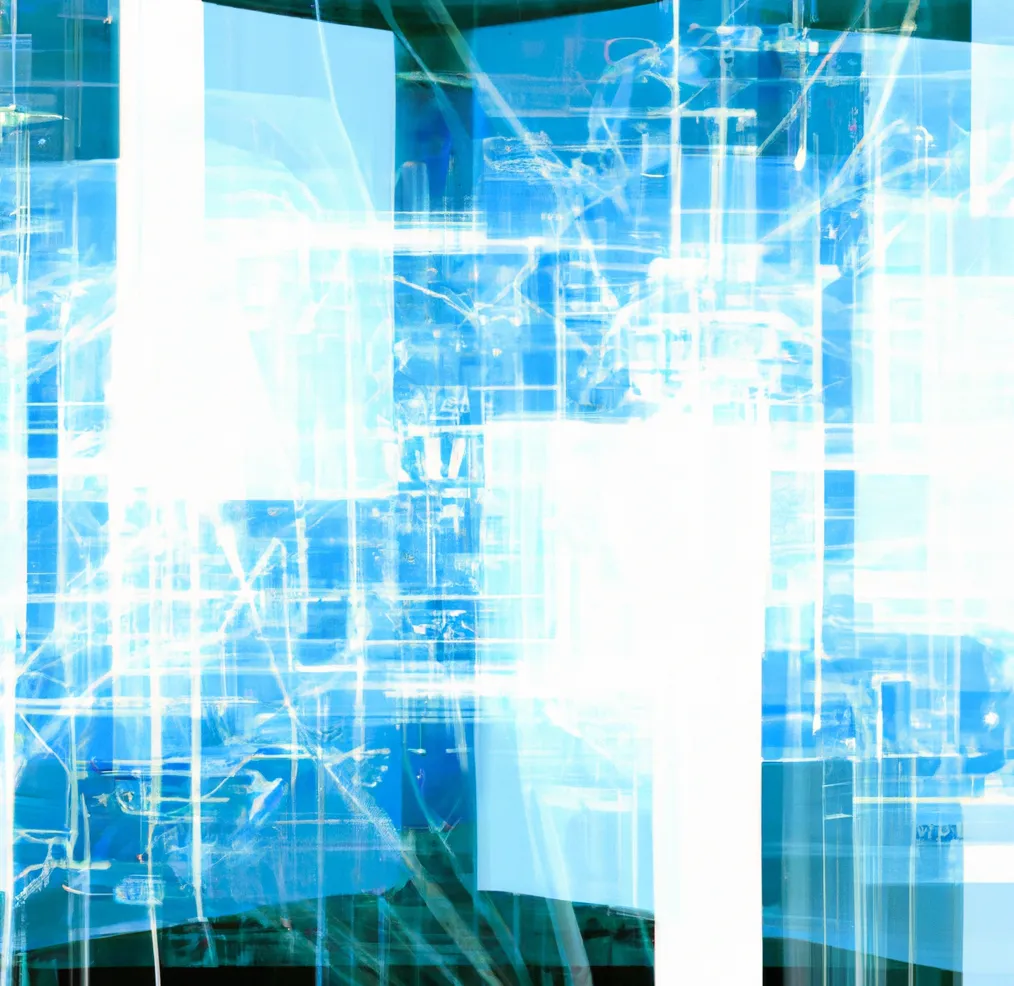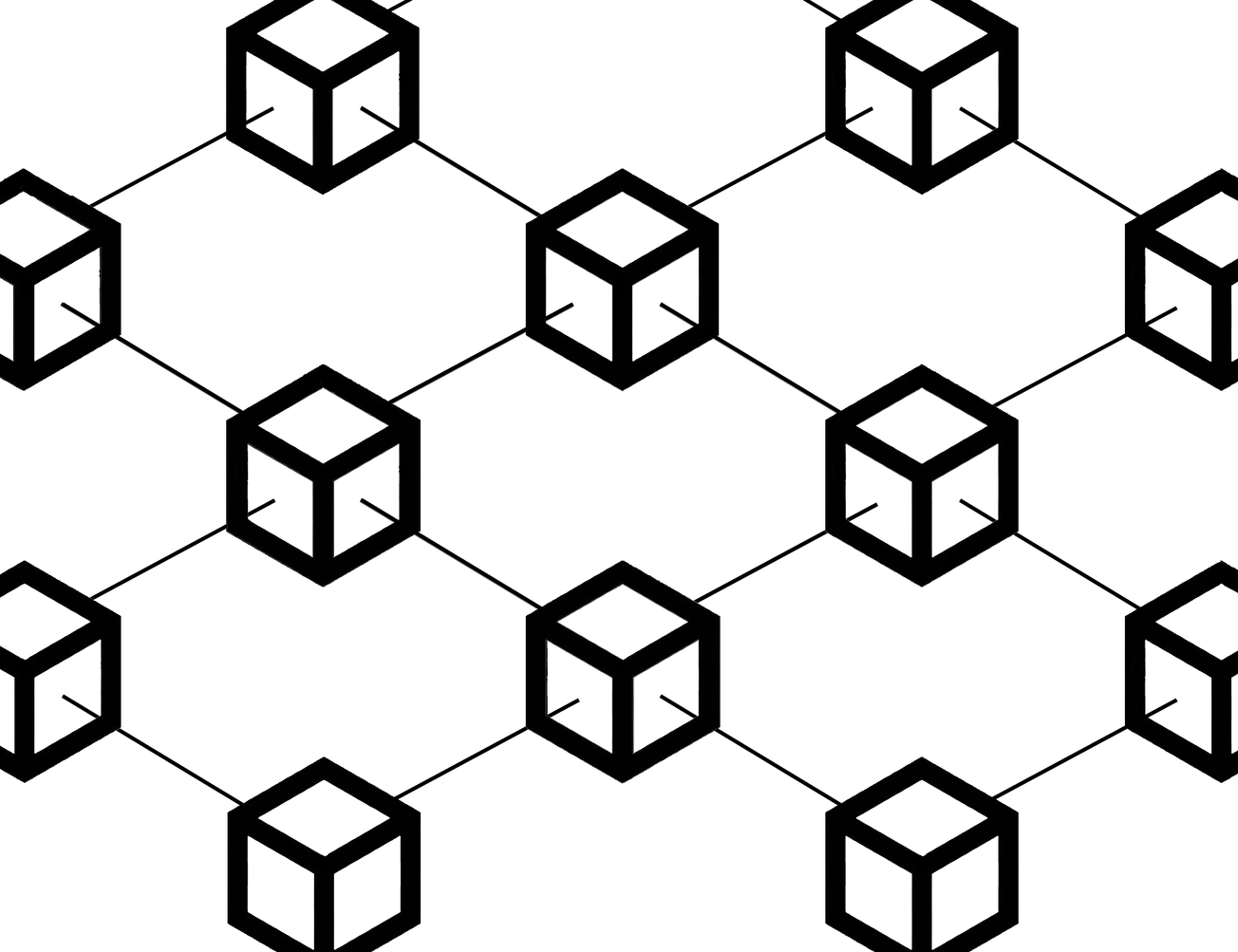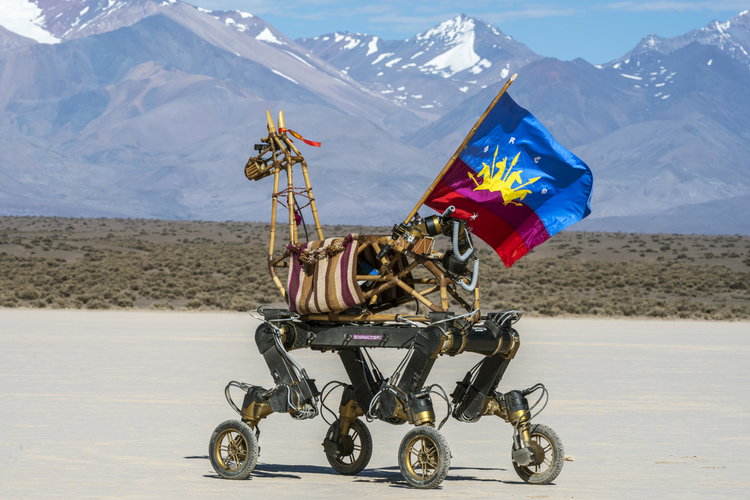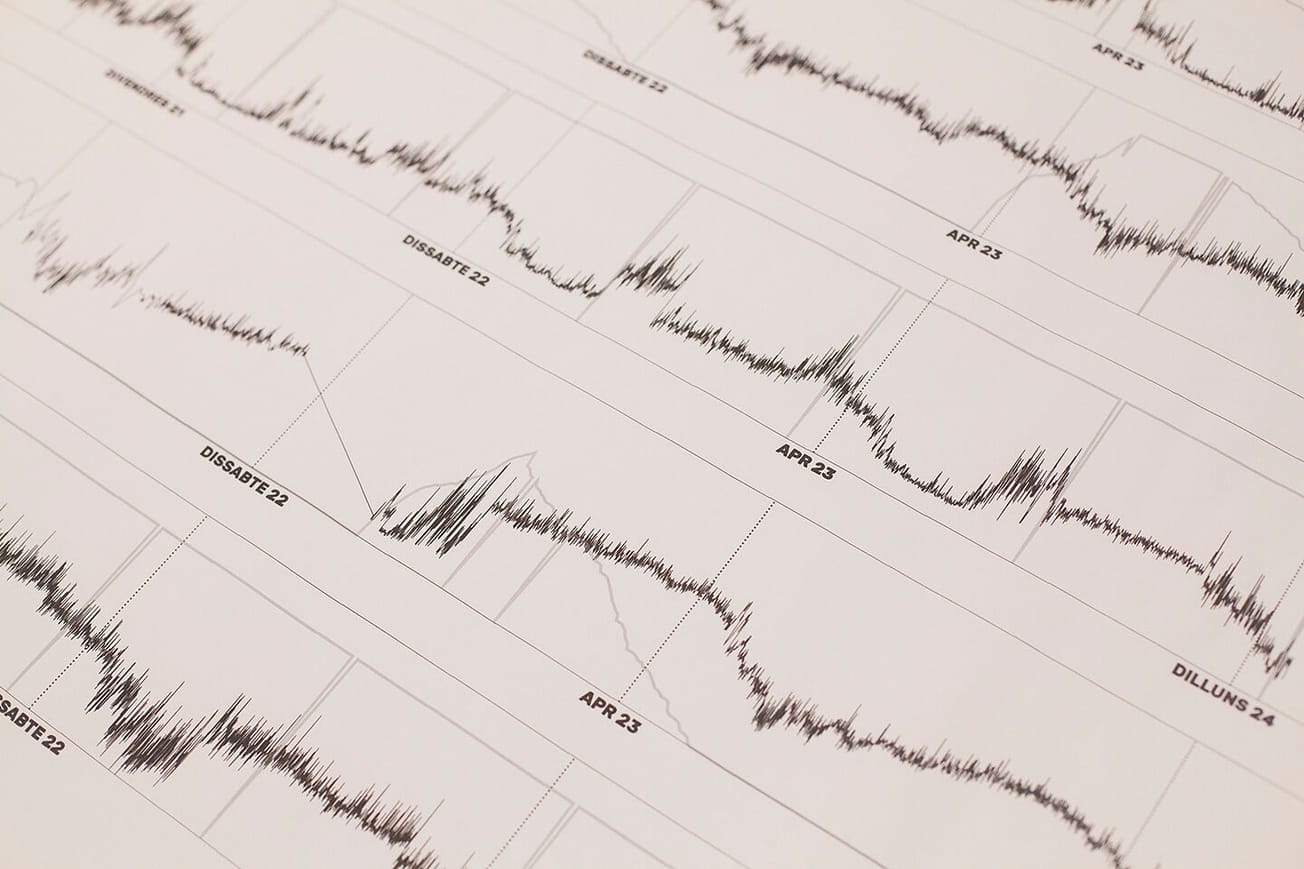The datafication of human life through pervasive and ubiquitous computing continues to have a profound impact on our personal lives. As more and more of our daily activities are tracked, monitored, and analyzed through the use of sensors, wearables, and other connected devices, our lives are becoming progressively data-driven. This data can be used to gain surprising and, at times, unexpected insights into our behaviors, preferences, and habits, allowing us to make more informed decisions about our health, finances, and lifestyle.
At the same time, this datafication of our lives also has the potential to be used in ways that could be increasingly detrimental to individual privacy and autonomy. Companies and governments are able to use this data to varying degrees, from targeting individuals with ads and decisions about our lives without our consent to tracking an individual’s political activities.
It is, therefore, useful to consider a humanistic lens when considering the implications of the datafication of the lived human experience. Nations and corporations around the world are not capable of ensuring that our data is used responsibly and ethically and that our privacy and autonomy are safeguarded.
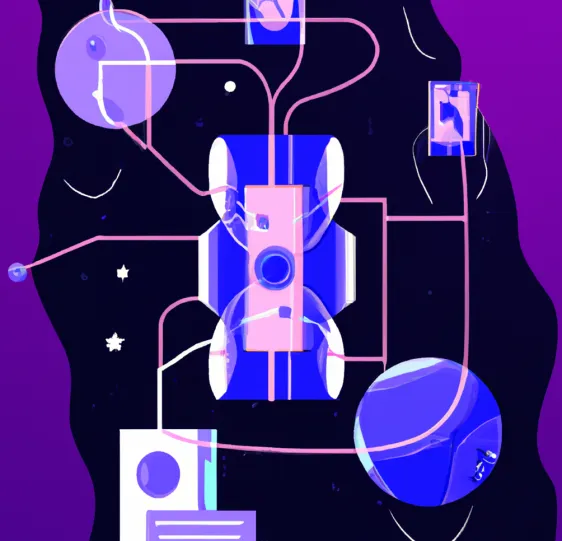
There are currently several barriers facing our own datafication. These include a lack of understanding of what the implications of datafication in fact, are, a lack of transparency and control over both who has access and how our data is used, and a lack of adequate legal and regulatory frameworks. Obviously, in order to ensure that datafication is used in a responsible and ethical manner, it is essential that these issues are addressed. However, to address these barriers in an effective and meaningful way, global standards and regulations need to be developed, including the development of international laws and regulations to protect our privacy and autonomy, as well as the establishment of global standards for data collection and usage.
Within the matrix of datafication barriers the overriding issue of transparency seems to be the most complex. Often, we simply don’t know if someone is tracking our data (i.e., tracking us), for what purpose they are tracking our data, or what we can do to mitigate the tracking of our data and its future use. Currently, the necessary resources and information to understand the implications of datafication in order to make informed decisions about our own data are not easily accessible.
Within the spectrum of the datafication of the lived human experience, what opportunities could be afforded should the oversight of our own datafication ever reside solely with us? I will speculate (perhaps wildly) that it could lead to more equitable and inclusive societies.

